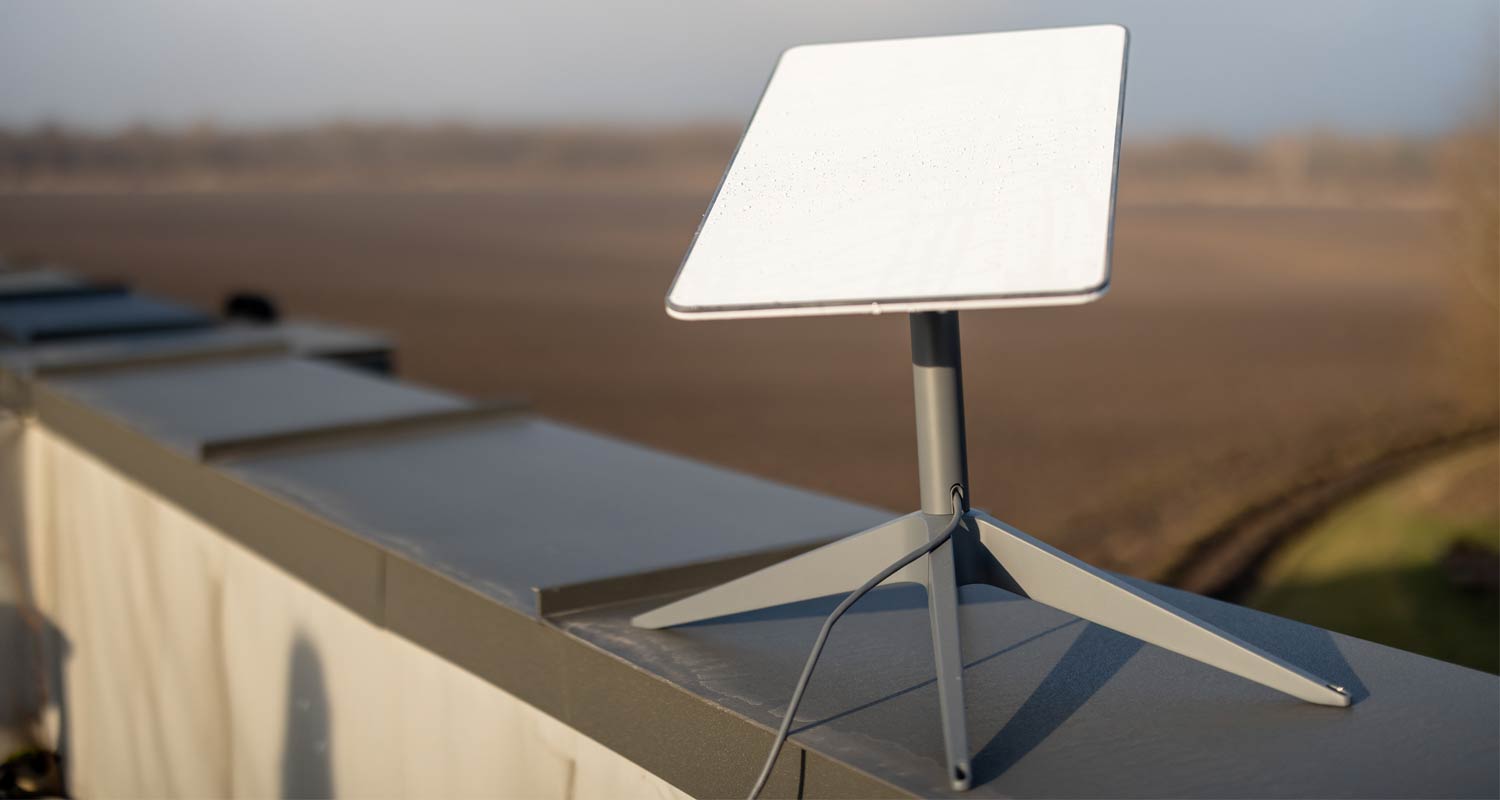 Recent changes to the coverage map on the Starlink website suggest that all nations in Southern Africa – with the notable exception of South Africa – will have access to the low-Earth orbit internet service provided by the SpaceX subsidiary by the end of next year.
Recent changes to the coverage map on the Starlink website suggest that all nations in Southern Africa – with the notable exception of South Africa – will have access to the low-Earth orbit internet service provided by the SpaceX subsidiary by the end of next year.
According to the latest update to starlink.com/map, all countries in the Southern African Development Community (SADC) region will get Starlink next year – again, except for the largest economy in the region. Hovering over South Africa on the map still produces a pop-up that says: “Service date is unknown at this time.”
Communications regulator Icasa met with SpaceX officials on two occasions to discuss a possible South African launch for Starlink, TechCentral has reported previously. However, SpaceX has not filed a formal licence application that would allow it to operate Starlink services within the country’s borders.
Starlink launch dates, according to the company’s website:
| Angola | Starting Q3 2024 |
| Zambia | Available |
| Malawi | Available |
| Mozambique | Available |
| Namibia | Starting 2024 |
| Botswana | Starting Q3 2024 |
| Lesotho | Starting Q2 2024 |
| South Africa | Service date unknown |
| Eswatini | Staring Q4 2023 |
| Zimbabwe | Starting Q2 2024 |
| Tanzania | Starting Q2 2024 |
| Madagascar | Starting Q2 2024 |
| Mauritius | Staring in 2024 |
| DRC | Starting in 2024 |
SpaceX has not given any formal reason for backing off. But in April, Dianne Kohler Barnard – at the time the Democratic Alliance spokeswoman on communications – blamed the ANC’s equity ownership requirements for effectively blocking SpaceX’s entry into local market.
Barnard was referring to the Electronic Communication Act, which requires “individual ECS” and “individual ECNS” licensees to have a minimum 30% equity ownership held by persons from historically disadvantaged groups, which include black people, women, youth and people with disabilities.
“It is simply laughable that an international, multibillion-dollar company must hand over at least 30% of its equity to the ANC government to operate within South Africa,” Kohler Barnard said.
Communications minister Mondli Gungubele took umbrage at Kohler Barndard’s comments. “It is not true that government is blocking the operation of Starlink in South Africa. Any interested party wishing to apply for a licence, including Starlink, may through appropriate channels, approach the authority with its application and comply with the prevailing legislation in the country,” he said.
However, Kohler Barnard’s prediction that South Africa might become the only African country not to offer Starlink to consumers seems to be coming true. Nigeria, Malawi, Mozambique, Rwanda, Kenya and most recently Zambia have all beaten South Africa to the punch. It looks like the rest of the SADC region will now leave South Africa in the dust as well.
Starlink in South Africa
Internet access as a percentage of population varies widely across Africa. It is interesting to note that the African countries that have already deployed Starlink have internet penetration rates of less than 40%, with the exception of Nigeria at 55%. In South Africa, the figure is around 70%, including access via mobile devices.
Aggressive fibre infrastructure deployment in areas that already had good mobile penetration has empowered South African consumers and placed downward pressure on pricing of both fixed and mobile broadband services. This has led to the progressive commoditisation of internet access, with the added effect of broadening access. The introduction of Starlink in South Africa could further liberalise the market to the consumer’s benefit and push prices down even further.
 Also, there are regions of the country where the business case for both fibre and mobile broadband infrastructure doesn’t make economic sense. If people in these areas are going to have reliable access to the internet, low-Earth orbit satellite services like Starlink may be the only viable option for providing it.
Also, there are regions of the country where the business case for both fibre and mobile broadband infrastructure doesn’t make economic sense. If people in these areas are going to have reliable access to the internet, low-Earth orbit satellite services like Starlink may be the only viable option for providing it.
Starlink launched its first satellite in 2019 and now has just over 4 500 satellites in orbit. – © 2023 NewsCentral Media




